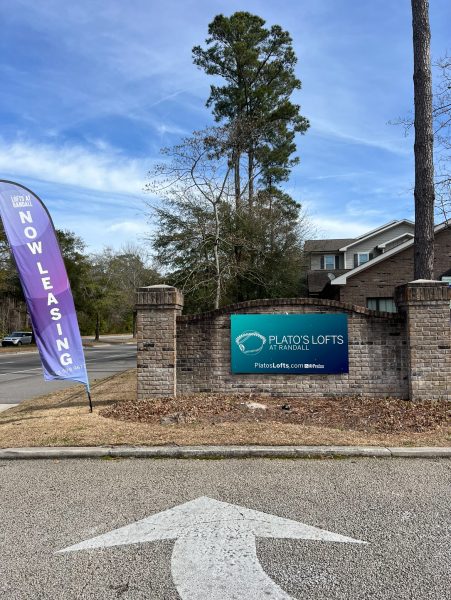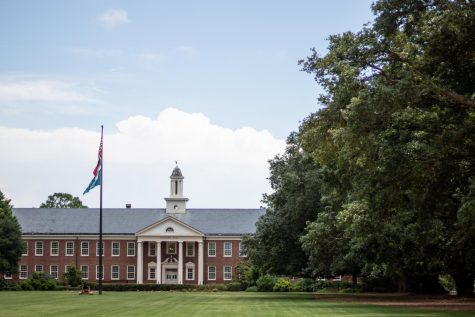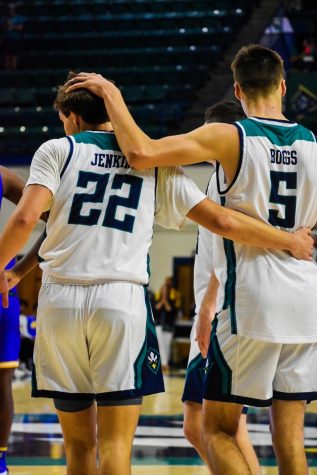You can fight and die for us. Just don’t tell anyone.
January 20, 2011
In 1993, President Bill Clinton introduced the military policy “Don’t Ask, Don’t Tell.” The policy stated that homosexual individuals could serve in the military, but they were not to tell any other servicemen of their sexuality and superiors were not to ask about sexuality. At the time, it was an improvement to the current policy about homosexuality in the military. Until that point, military persons that were found to be gay that had never taken part in any sexual activity in the military were given an undesirable discharge. Those that were found to be gay and had engaged in sexual activity were dishonorably discharged. The “Don’t Ask, Don’t Tell” initiative was created as a compromise to allow homosexual individuals to serve in the military but also remove the “distraction” of their presence.
It seems reasonable that in 1993 the President was only able to create a policy that took a small step in the progression towards equality. The question is why are we fighting the next step 18 years later?
Let’s think about the arguments presented against repealing the act and allowing homosexual service members to admit their sexuality.
U.S. Air Force Officer Jedediah Simino stated, “I don’t personally have a problem with homosexuals in the military, but I know if they are openly gay, they will get beat by their own guys.”
In the current, unfortunately intolerant environment, this is a valid argument and a real problem. But why put a Band-Aid on an open wound instead of stitching it up? It isn’t right to address this problem by asking the homosexual military men to hide their identity because their fellow servicemen may choose to be ignorant and violent. How about we ask all servicemen to work on tolerance and close the wound for good?
Thinking about this problem in a historical context, asking a homosexual man or woman to lie about who they are in order to avoid senseless violence would be like asking Linda Brown–Brown v. Board of Education–and the “Little Rock Nine,” the first group of black children to be integrated into white schools, to pretend to be white to avoid negative attention. It’s just unacceptable. Homosexuality and race are nothing to fault a person for, so why allow anyone to persecute them?
The reason I have the most trouble accepting this act is because I cannot understand the intolerance in the first place. If a person has selflessly joined the military to stand up and serve their country, they have my respect regardless of race, gender or sexual preference.





















